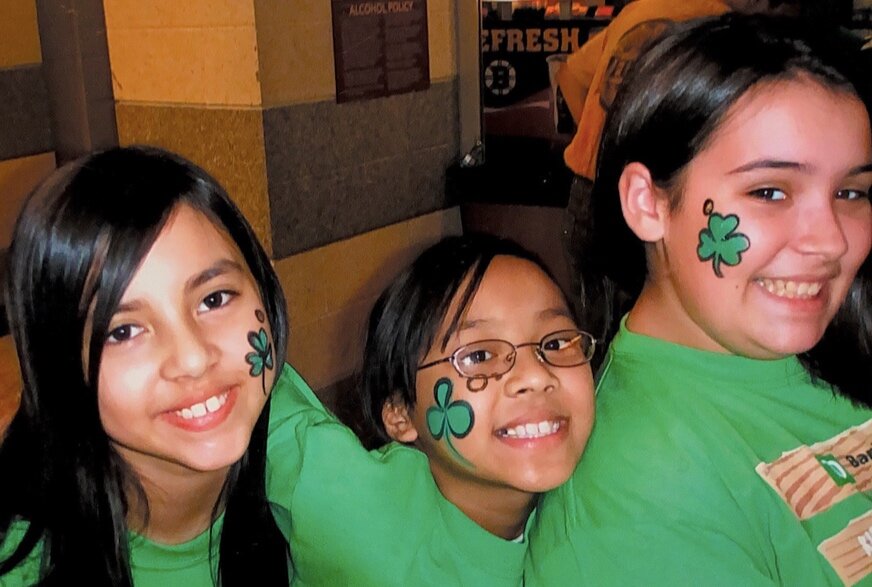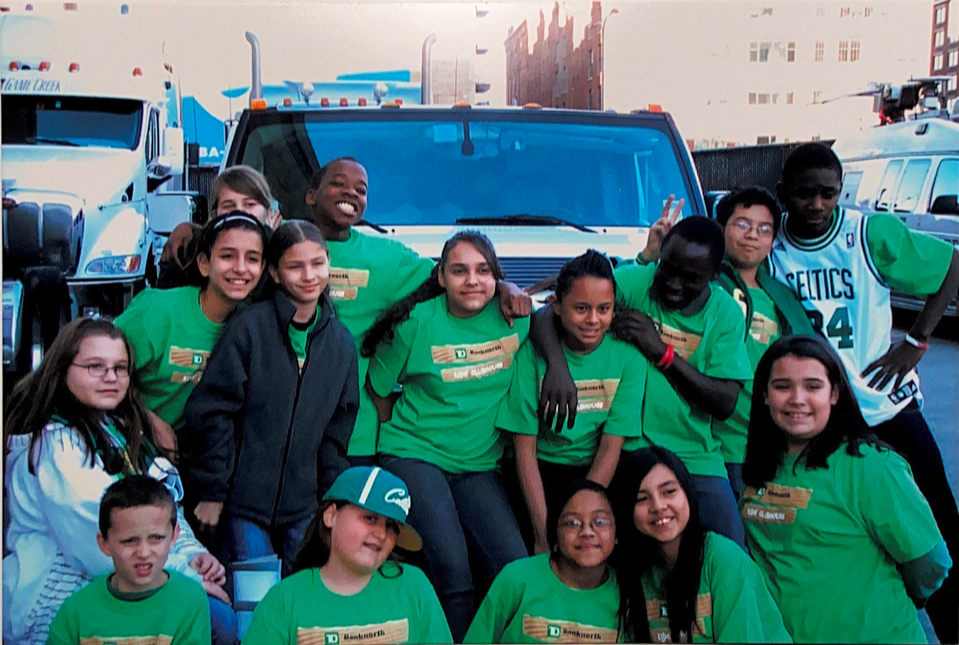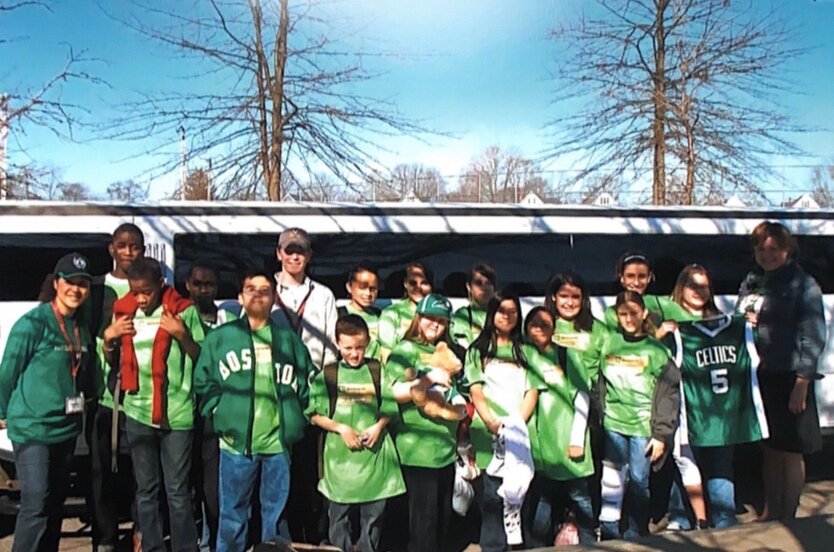From Citizen Schools student to AmeriCorps Teaching Fellow, Isabel Morales’ commitment to service is stronger than ever
Most middle school memories are a bit hazy, but Isabel Morales remembers clearly how much she enjoyed her Community Development apprenticeship as a Citizen Schools student at Robinson Middle School in Lowell, MA. “We went to so many places in Lowell and I learned so much about the city. I grew up in Lowell but my parents weren’t born here, so I didn’t have that family connection to it. Learning about the history of it and being a part of fixing it up was really meaningful to me.” 12 years later, Isabel has come full circle as a first year Teaching Fellow (TF) serving students at Winter Hill Community School in Somerville, MA.
As a 10-year old in the Community Development apprenticeship back in 2008, Isabel and her classmates helped fix an abandoned school to turn it into affordable housing, participated in cleaning projects, and planted trees throughout the city. These experiences helped shape her high school years, during which she participated in ROTC and the National Honor Society, becoming the head of community service as a senior. In college, she joined AmeriCorps as a service member at Jumpstart, another education nonprofit serving preschool children from under-resourced communities.
“I have continued to be connected to that serving mentality. I still have that so much in my heart. I majored in Psychology in college and decided to get a minor in education, which was very focused on social justice. But I kept wanting to go back to serving, especially low-income communities of color. This desire for community service stems from what I did as a Citizen Schools student.”
Like many folks around the world, Isabel had to shift her plans after college as COVID-19 drastically changed the job market, which she believes was a “blessing in disguise” and a great lesson that life doesn’t always turn out the way you want it to.
“When I saw this opportunity [for the Teaching Fellowship], I remembered my time at Citizen Schools and thought this would be such a great way to give back since I loved it so much. I knew it was going to be hard for students this year so I wanted to be a part of supporting them. I went into it prepared for it to be difficult.”
And it is proving to be a difficult year for many students across the country, especially for those in underserved communities. Education researchers have unequivocally declared the spring 2020 remote learning experiment a failure and have endeavored to quantify the learning loss for students across the country. A June 2020 McKinsey Report on COVID learning loss estimates that middle school students from low income communities who participated in lower quality remote learning last spring - which includes a majority of black and brown students - would sustain learning losses totalling 9-12 months in math and English Language Arts (ELA) by January 2021. Education researchers agree this will further widen the opportunity and achievement gap in ways that will have profound short and long term consequences, including massive losses of $300-500 billion in national GDP (McKinsey).
But it’s people like Isabel who have a strong commitment to service that will help push educational equity forward. During the day, Teaching Fellows (TFs) like Isabel support students by providing teachers with academic and administrative assistance. After school is over, TFs, alongside Teaching Associates, run our apprenticeship program with volunteer career mentors. Outside the program at Winter Hill, TFs also hold additional sessions called Advisory Councils, which is meant to be a safe space to care for any support students may need.
“I’m the only first year Teaching Fellow on my team, so I went in a little worried. Am I going to be able to connect with students the way the other Teaching Fellows have already? But multiple times, my students have told me how excited they are to go to Advisory Council. There is this one student who is the only English Language Learner (ELL) student in my Advisory so I’m always scared she’s getting left behind or doesn’t want to be there because she’s stressed out. But when I tell everyone they can go because it’s the end of the day, she always says I don’t want to go, I want to stay here! And it makes my heart so happy—it’s what makes me consider being a teacher.”
When asked how would you reimagine the school day, Isabel lights up as she gears up to share her vision. “A school day that allows for more social emotional learning (SEL) that’s culturally responsive. There needs to be more connections to current issues that are affecting the students—there’s still a taboo around talking politics with them but these things need to be talked about. We need to give students more agency in things that affect them. Curriculum geared more towards project based learning instead of memorizing information. More resources and programs like Citizen Schools that connect with families, the communities students live in and the environments they learn in.”





